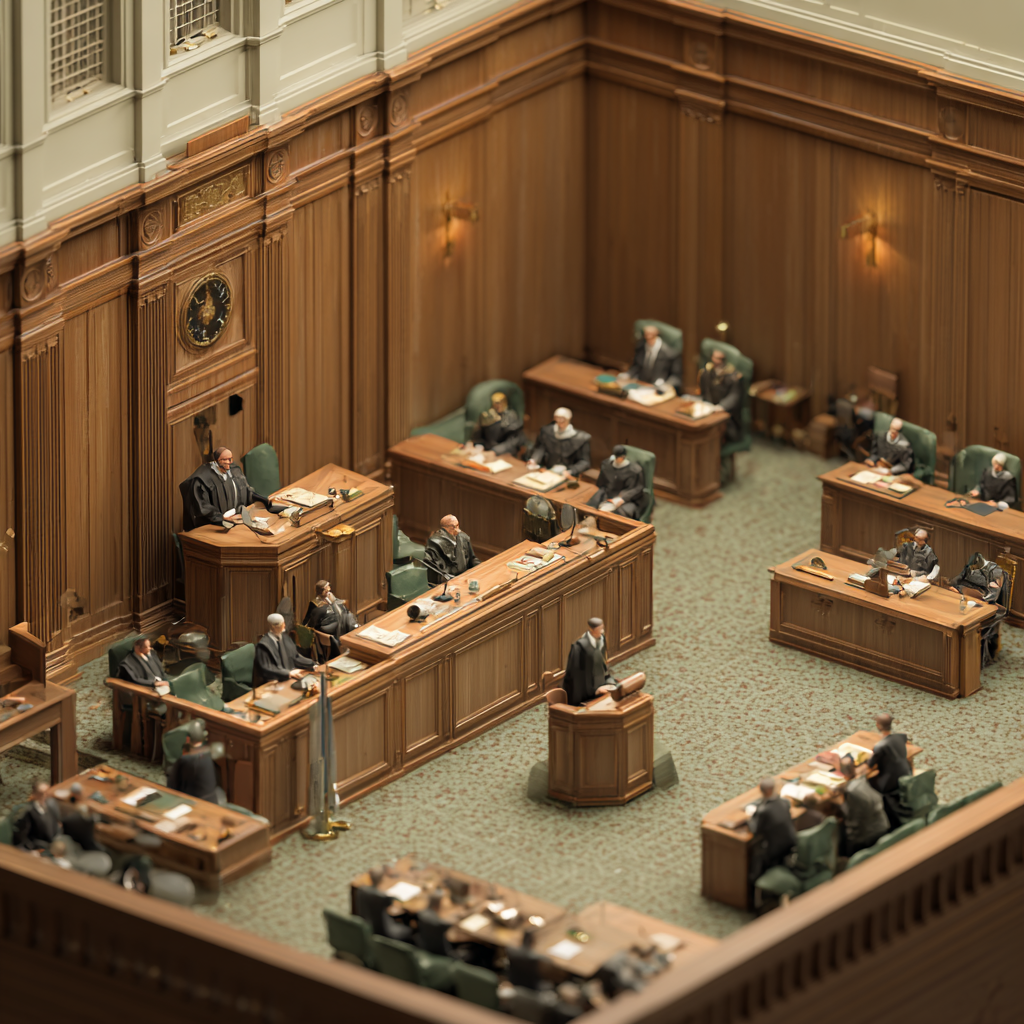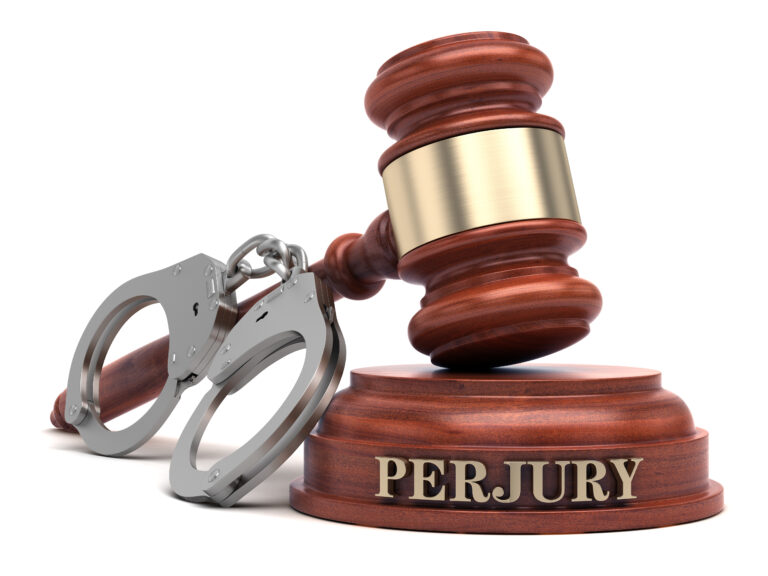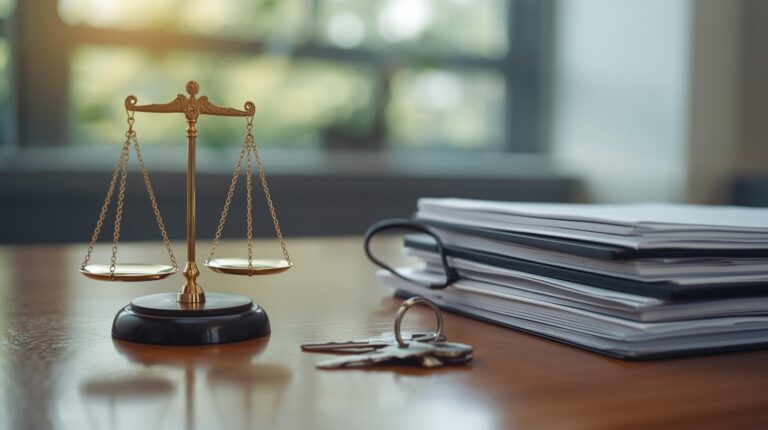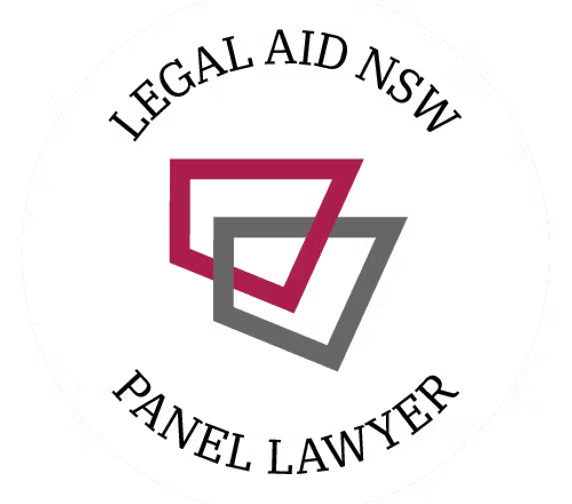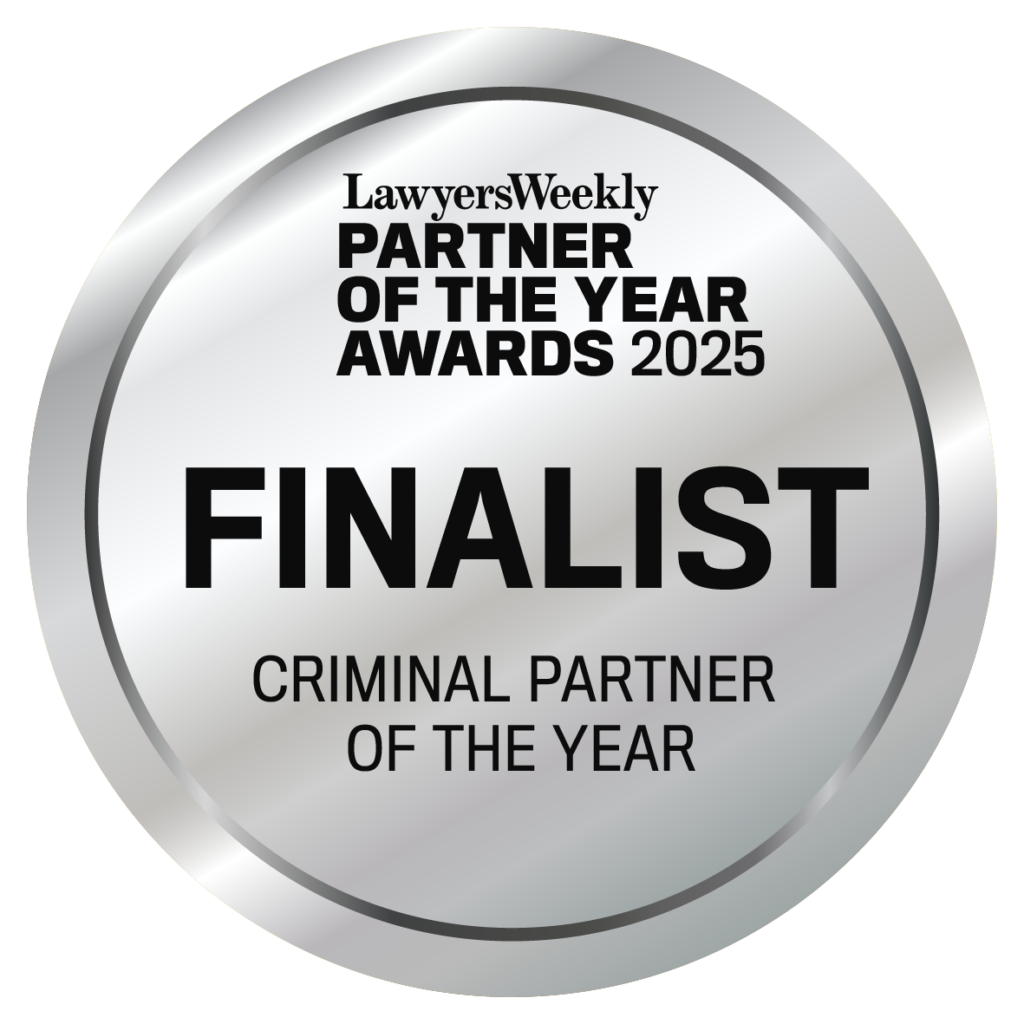Court Stages in the District Court (NSW)
The District Court of New South Wales deals with serious criminal offences that go beyond the jurisdiction of the Local Court. These matters are typically referred to as indictable offences and may include charges such as serious assaults, drug trafficking, fraud, and sexual offences.
How a Case Reaches the District Court
Most matters begin in the Local Court before being committed for trial or sentence in the District Court. The committal process ensures that there is enough evidence to justify sending the matter to a higher court.
First Appearance – Arraignment or Case Conference
Once the matter is listed in the District Court, the first appearance is usually for arraignment or a case conference. The accused will be formally asked to enter a plea of guilty or not guilty.
Case Conferences and Pre-Trial Procedures
Before a trial, the prosecution and defence will participate in case conferences to discuss the evidence and potential resolution. This may include:
The purpose of these steps is to streamline the case and encourage early resolution where appropriate.
Trial
If the accused pleads not guilty, the matter will proceed to a jury trial. The process typically involves:
The jury decides whether the accused is guilty or not guilty, while the judge ensures the trial is conducted fairly and in accordance with the law.
Verdict and Sentencing
If the jury finds the accused guilty (or if the accused pleads guilty), the matter moves to the sentencing phase. The judge considers factors such as:
Sentences in the District Court can range from community-based orders to lengthy terms of imprisonment.
Appeals
Decisions made in the District Court can be appealed to the Court of Criminal Appeal (NSW). Appeals may relate to:
Strict time limits apply to appeals, so early legal advice is essential.
Why Legal Representation Is Vital
District Court proceedings are complex and require careful preparation. Skilled representation ensures that evidence is properly tested, submissions are well-structured, and your rights are fully protected throughout the process.
Contact EAS Legal for Expert Help
At EAS Legal, our criminal defence lawyers appear regularly in the District Court of New South Wales, representing clients in trials, sentencing hearings, and appeals. We provide strategic, professional representation at every stage of the process.
Call 1800 117 533 or visit www.easlegal.com.au for expert legal advice and defence representation.
Need to speak with a lawyer?
Our experienced lawyers are here to help you understand your legal rights and options. Contact us for a confidential discussion about your situation.

